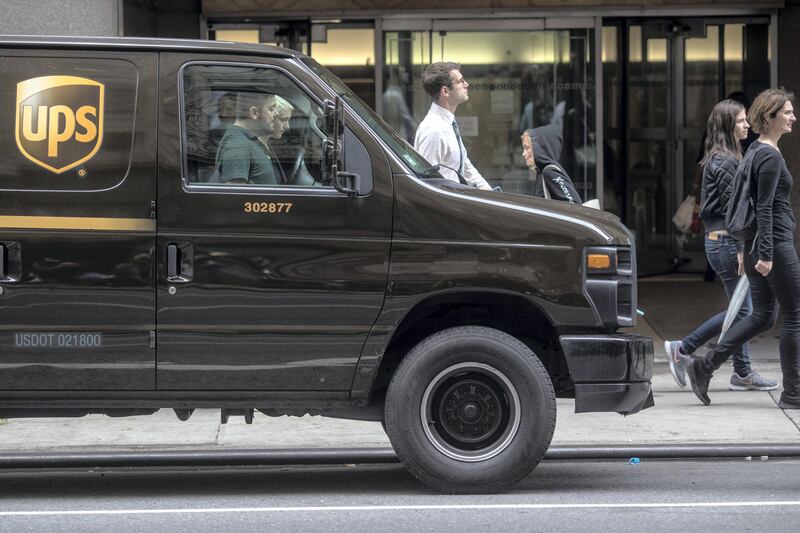Pretty much anything for sale on a grocery store shelf got there with the help of a heavy haul truck, powered by diesel and belching out nitrogen-oxide gases on the way. According to Volvo, the US alone has around 15 million lorries on the road, with around 225,000 new units being added for 2017.
With mounting public and government pressure to switch to cleaner fuels, logistics companies and manufacturers of heavy vehicles are busily exploring alternatives.
Volvo is backing Dimethyl Ether (DME), a clean burning diesel substitute that has already been around in various forms for decades. Volvo subsidiary Mack Trucks is already trialing the technology with one of its trucks, in collaboration with the city of New York.
Meanwhile, Kenworth, Toyota, UPS and other major logistics and transport names have thrown their support behind hydrogen fuel cell technology, with a string of high-profile project launches so far this year.
The fuel cells use a catalyst – usually platinum – to generate electricity from hydrogen. The process involves no burning fuel and produces only water as a by-product, in a process similar to the one used by catalytic converters in cars.
Toyota has trialed fitting a Kenworth lorry with two fuel cells stacks of the kind that power its Mirai passenger car. Dubbed Project Portal, the 18-wheeler tractor-trailer can haul a 40-ton load more than 300 kilometers, Toyota says. The vehicle will be used on in the busiest US port routes of Los Angeles and Long Beach.
_________________
Read more:
[ T Boone Pickens and the natural gas revolution that stalled ]
[ Former Tesla executive aims to take on Musk's 'Gigafactory' ]
[ Rise of electric vehicles irresistible – but Big Oil will not just disappear ]
_________________
Others are using fuel cells for even less glamorous applications – forklifts. The world's biggest online retailer Amazon, and its storefront opposition Walmart, have both converted their entire fleets of forklifts from battery operations to fuel cells. The forklifts are re-fueled from on-site dispensers in about the same time it takes to re-fuel with petrol or diesel, allowing them to be operated around the clock with only minutes of downtime. The transition from battery operated forklifts has been so successful that both Amazon and Walmart are now considering introducing fuel cell lorries to their delivery fleets.
UPS, which has one of the largest delivery fleets in the world, said in May it would begin testing fuel cell delivery vans later this year. UPS already has around 8000 alternative-energy vehicles on the road, using natural gas or batteries for the most part. The company's new trial will involve battery powered vehicles, with fuel cells added to extend ranges.
Fuel cells have plenty of detractors, not least Tesla chief executive and battery-proponent Elon Musk, who is expected to unveil a battery-powered haulage solution later this year. Although hydrogen is the most abundant element in the universe, it is difficult to isolate and store. Both processes require plenty of energy, up to four times more than the harvested hydrogen can produce. There is also a lack of a widespread hydrogen-refueling infrastructure, which has impeded the evolution of hydrogen cell-powered cars.
Such concerns however are less important for major logistics and retailers like Amazon and Walmart, who rely on their own refuelling depots rather than conventional gas stations used by private vehicles.
As for the complications relating to extracting hydrogen, as long as it can be done at a price roughly comparable to using diesel, fleet operators are likely not to mind too much about the additional technical steps required.





